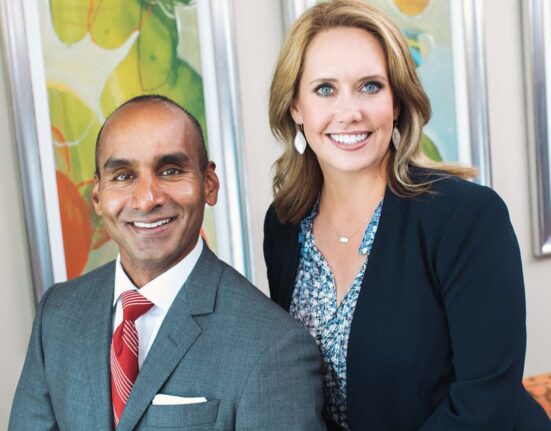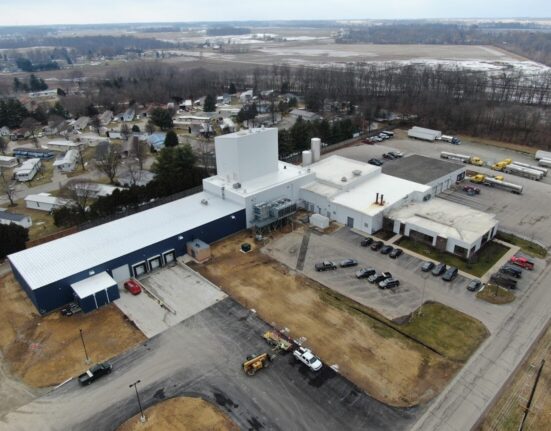
Optimism on small businesses is down for the 32nd consecutive month as owners struggle to fill jobs and keep up with inflation, according to a National Federation of Independent Business (NFIB) survey.
Last week, the National Federation of Independent Business (NFIB), a nonprofit group that advocates for small and independent businesses, released results from its Small Business Optimism survey. Results of its Optimism Index, a measure of outlook and opinions on the economy, shows the most recent score in August has dipped below July’s gains in small business optimism.
The index rate has steadily stayed around 91 throughout the year, but the figure is well below the 50-year average score of 98. Main factors for the continued rate below the long-term average include inflation, labor quality and costs and taxes.
“The mood on Main Street worsened in August, despite last month’s gains,” NFIB Chief Economist Bill Dunkelberg said in a statement. “Historically high inflation remains the top issue for owners as sales expectations plummet and cost pressures increase. Uncertainty among small business owners continues to rise as expectations for future business conditions worsen.”
The NFIB’s data shows that expected actual sales fell well below expectations of small business owners. A combination of issues attribute to the drop in expected actual sales and increased worries on inflation.
Namely, capital outlays – expenditures for the acquisition of long-term assets – increased while small business owners expect sales volumes to fall. Fifty six percent of small business owners report spending on new equipment, vehicles, improvements or expansions to facilities, new fixtures, buildings and land.
Despite the increase in long-term assets, inventory gains remained unchanged. Business owners report average selling prices fell two points.
“The Small Business Optimism Index’s recent drop poses a considerable challenge for Wisconsin,” NFIB state director Bill Smith said in a statement. “Factors like inflation and rising costs strain their financial resources, making it difficult for small business owners to invest in their operations or expand their workforce. Lawmakers must continue to support policies that can foster a more stable environment for Wisconsin small businesses.”
Other issues cited by small business owners are labor costs, a frequently cited concern since July. Small business owners report plans to raise compensation by 20%, according to the report.
The full report can be read on the NFIB’s website.






